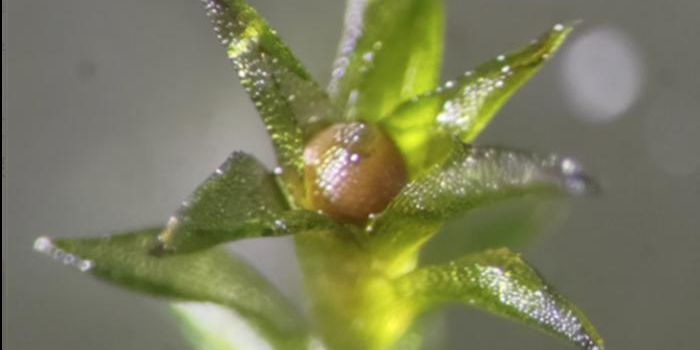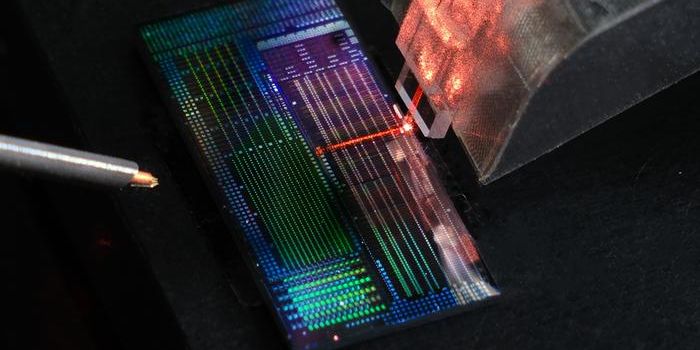Fine-Tuning of Biomaterials for Medical Applications
Recently, researchers were successful in fine tuning thermoplactic biomaterials for medical applications. These polyester-based materials can produce mechanical properties at the same rate it degrades in the body with the addition of succinic acid.
Co-author of the study Professor Andrew Dove explains: "Biological tissues are complex with varying elastic properties. Efforts to produce synthetic replacements that have the right physical characteristics and that can also degrade in the body have been ongoing for decades.
"Part of the challenge is that a 'one-size-fits-all' approach doesn't work. Our research opens up the possibility of engineering biological implants with properties that can be fine-tuned for each specific application."
Learn more about biomaterials:
Findings were published in Nature Communications.
Professor Matthew Becker, with dual appointments in chemistry and mechanical engineering and materials science at Duke, notes: "The materials we have developed offer a real advance in the ongoing search for new biomaterials. The tunable nature of the material makes it suitable for a range of different applications, from replacement bone to vascular stents to wearable electronics. Additional work to prove the biocompatibility of the material and its use in more advanced demonstration is ongoing."
Source: Science Daily









